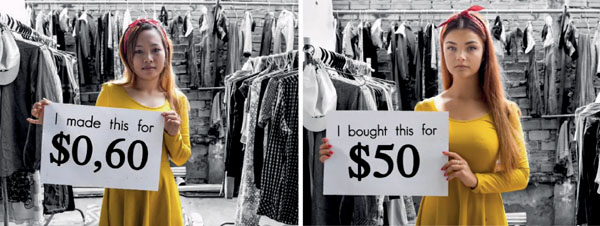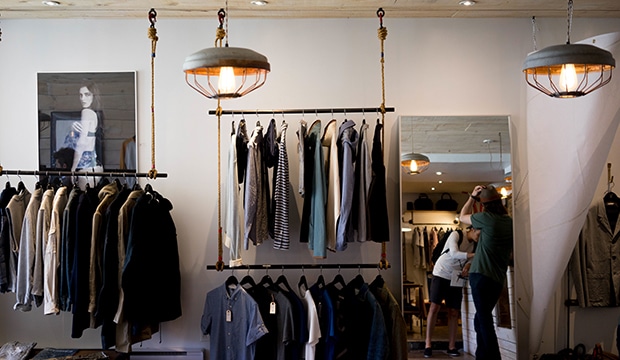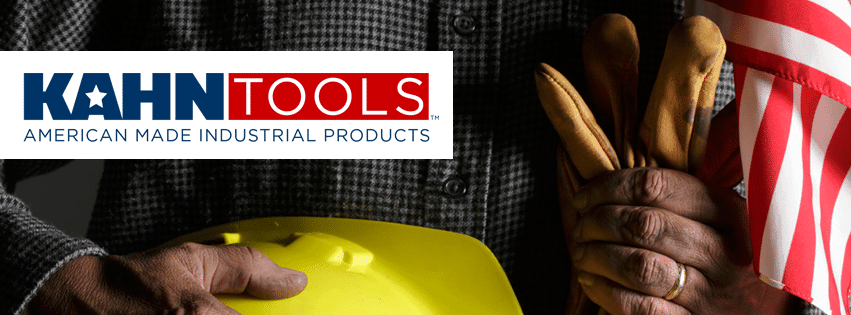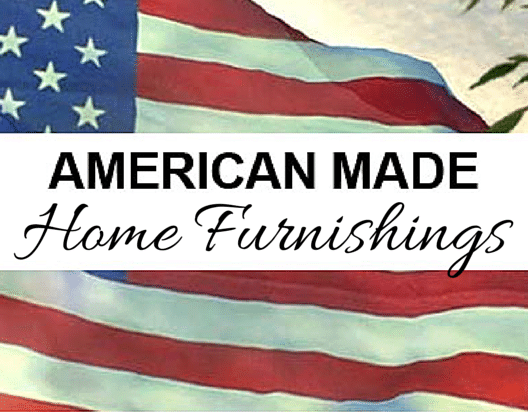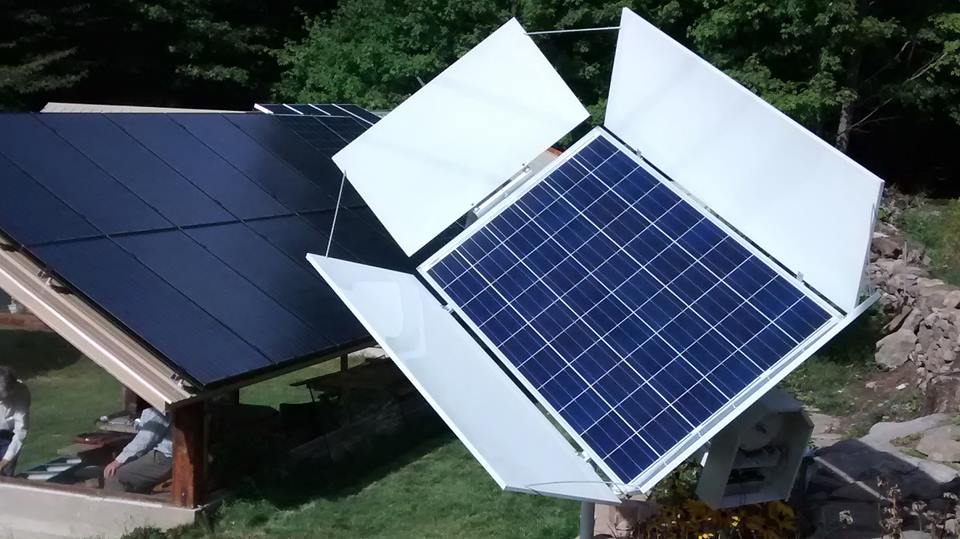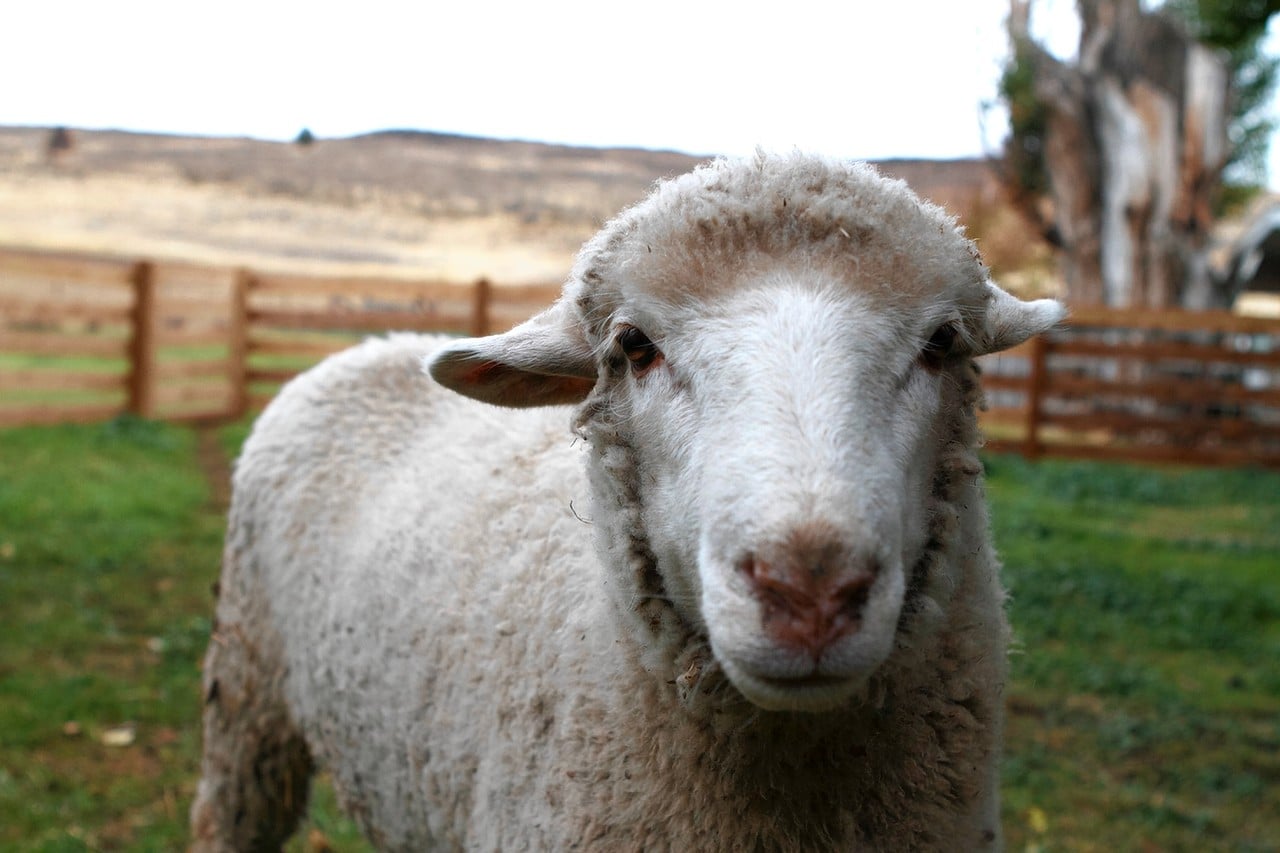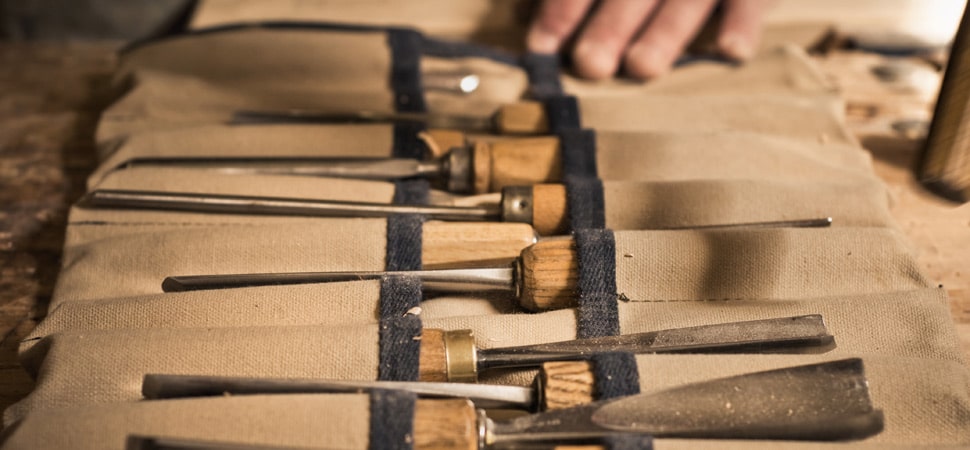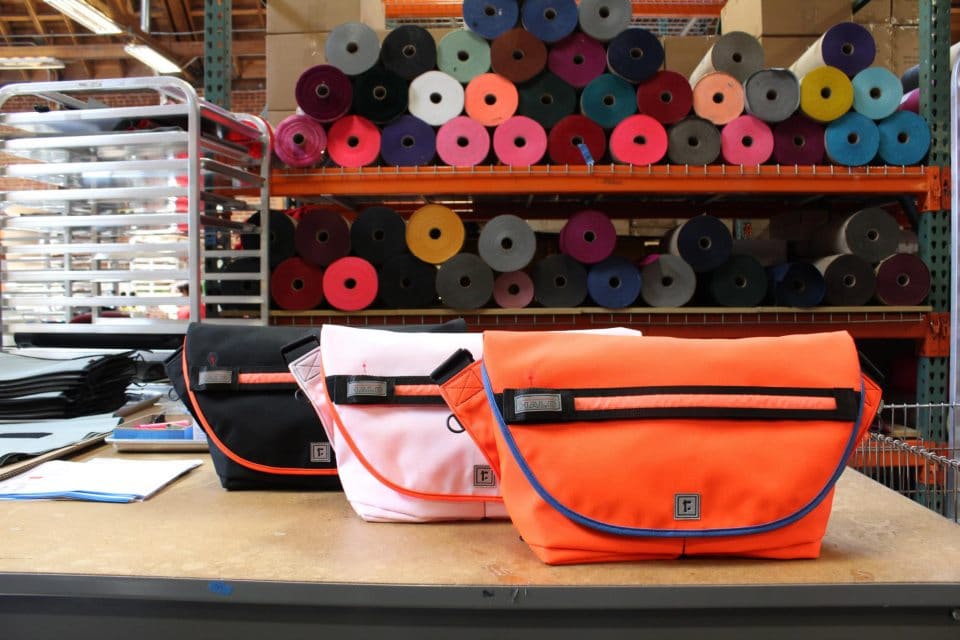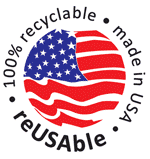Fast Fashion – a term used to describe cheap and affordable clothes which are the result of catwalk designs moving into stores in the fastest possible way in order to respond to the latest trends. Read more
I think every brand out there should be a sustainable brand. If you’re not thinking about the future, especially the future outside of just your fashion brand, you shouldn’t be taking on the responsibility of creating products; the impact your work has on this earth is undeniable. Read more
A group is seeking your help! Project TEACH will plant the seed of possibilities within disadvantaged and/or underrepresented students, igniting change within the Bronx Community. These changes will create future professional leaders within STEM fields. (STEM = science, technology, engineering and mathematics)
Did You Know?
There are 14,974* Professional Engineers in New York State. As of July 1, 2015, the Bronx holds a mere 168 Professional Engineers compared to nearby counties: (*Source: NYSED)
New York City: 1,008
Queens: 1,316
Westchester: 1,054
Suffolk: 1,278
Nassau: 1,584
(This is just one example of the offset within geographic areas in a STEM profession.)
How Can You Help
Support the “Project TEACH” workshop! The workshop will be offered to students within the Bronx community, attending primary schools (ages of 9-14). Project TEACH will help build, and keep, this interest throughout high school, continuing to foster their learning interests within STEM fields.
Strong, foundational skills are necessary to succeed within professions in the STEM field. The interest to build these foundational skills begin in primary school. Project TEACH will help spark the interest among students. (see below for more information on STEM)
Project TEACH will provide students hands on training in the STEM field. This will be done by hosting classes where they will work within real-world STEM field based problems. This method will motivate students to approach learning in a unique way. Students will have the opportunity to build motorized robots out of Legos with a focus on Mechanical Engineering. They will learn about Aerospace Engineering by building Rockets, and much more!
WHAT IS STEM ?
STEM is a curriculum based on the idea of educating students in four specific disciplines — Science, Technology, Engineering and Mathematics. Rather than teach the four disciplines as separate subjects, STEM education integrates all of these subjects together in order to inspire students to discover and invent.
With the fast-paced information age and rapidly growing fields in Science, Math and Technology world-wide, STEM based learning offers students the resources to be successful in high school, college and beyond in this technological world. The STEM curriculum needs to be incorporated in every child’s education.
SUPPORT
PROJECT TEACH
 Your donation will go towards providing scholarship(s)/sponsorship to disadvantaged and/or underrepresented children within the Bronx community.
Your donation will go towards providing scholarship(s)/sponsorship to disadvantaged and/or underrepresented children within the Bronx community.
Be a part of the solution! This cannot be done without you. The person spearheading this project has a STEM background. This field is underrepresented in this part of the country. He fully understands how important Science, Technology, Engineering and Math are to our leaders of tomorrow. With your assistance, he will be able to pay it forward.
To learn more about STEM, please visit:
PROJECT LEAD THE WAY
CHANGE THE EQUATION
GLOBAL STEM ALLIANCE
For home furnishings manufacturers, the impetus to move a larger proportion of their manufacturing to the United States is about more than patriotism. It’s about that time-tested business fact—that the customer is always right.
MADISON TOWNSHIP — So far, this summer has been a little lacking in sunlight, but still, one man’s new addition to his backyard in Lackawanna County is doing well. Read more
When Maxine Bedat and Soraya Darabi set out to make a wool sweater entirely in the U.S., their first challenge was finding sheep. Read more
The United States remains the largest medical device market in the world with a market size of around $110 billion, and it is expected to reach $133 billion by 2016. The U.S. market value represented about 38 percent of the global medical device market in 2012. U.S. exports of medical devices in key product categories identified by the Department of Commerce (DOC) exceeded $44 billion in 2012, a more than seven percent increase from the previous year. Read more
The Case for ‘Made in America’
I proudly add the “Made in USA” label to every product I manufacture in my San Francisco factory. Making bags in this country is fundamentally important to me and to my company–but maybe not for the reasons you think.
Here at Rickshaw Bagworks, making our own products celebrates our passion for making things, not a protest of outsourcing or offshoring. I’m not a protectionist, and I’m not a Made-in-America zealot. We live in the modern global economy–I get it. In fact, my original plan was to import partially made bags from China and do only the final assembly in our shop.
But, alas, I’m a stubborn maker at heart. We soon found ourselves designing products we could produce from scratch in our own factory and getting excellent customer feedback for our made-in-San-Francisco goods. So we encouraged letting our manufacturing story be our crucial point of differentiation: We don’t just design what we sell; we make what we sell.
That’s always been my true love. In high school, I took wood and metal shop classes and started my own stained glass business, crafting windows, lampshades, and terrariums for my parents’ friends. Then I headed off to college, got a degree in engineering, and started working in Silicon Valley. My crafting days were over–or so it seemed. Twenty years later, I entered the bag-making business and reconnected with my dormant passion for making things. As fate would have it, that happened at a time and in a place particularly challenging for makers–but also full of opportunity.
We live in an age when production is more often than not outsourced to anonymous contract manufacturers, predominantly in low-cost labor markets. There are good reasons for that and some horrific and well-publicized downsides. Though economies of scale and low-cost labor have yielded tremendous cost savings for consumers, it seems we may be approaching the limits of this business model, especially after factory disasters abroad have focused more attention on the poor working conditions and environmental impact of these practices. A small but growing group of “conscious consumers” care about the who, what, why, where, and how behind the products they buy. These customers want to connect with the companies they purchase goods from and share their enthusiasm with others like themselves.
So, does it really matter where it’s made? Yes, and no. I believe it’s less about precisely where we manufacture–though San Francisco has fabulous geographic cachet–than about making our own products in our own factory under our own brand name. It’s about connection and accountability–knowing and dealing directly with the maker and trusting the brand. Here at Rickshaw, we design and make what we sell. We own it. The buck starts and stops right here. Making what we sell is our primary differentiator. “Made in USA” is the where of our brand story.
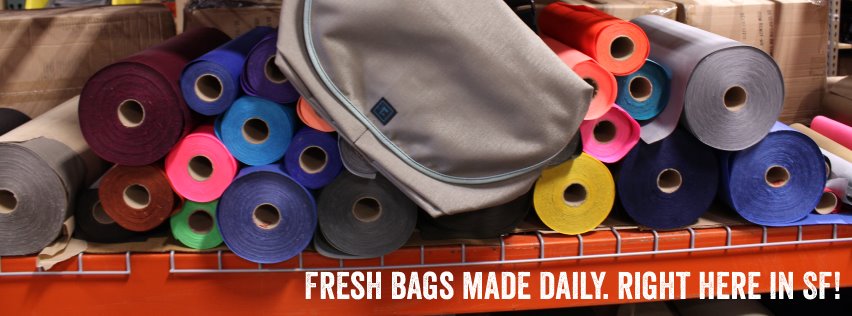
Photo Credit: Rickshaw Bagworks
As a conscious consumer, I’m concerned about the environmental and social justice issues of manufacturing in less-developed, poorly regulated countries. As a maker, I’m optimistic that there’s a promising future for small-scale, innovative specialty manufacturing in America. In my bags, those “Made in USA” labels are shorthand for “quality products, made with integrity by a company that’s accountable and that cares for its employees, customers, business partners, and community, and for our shared planet.”
This is not something that’s exclusively American. Nor is it universally American. But I like to think it’s fundamentally American.
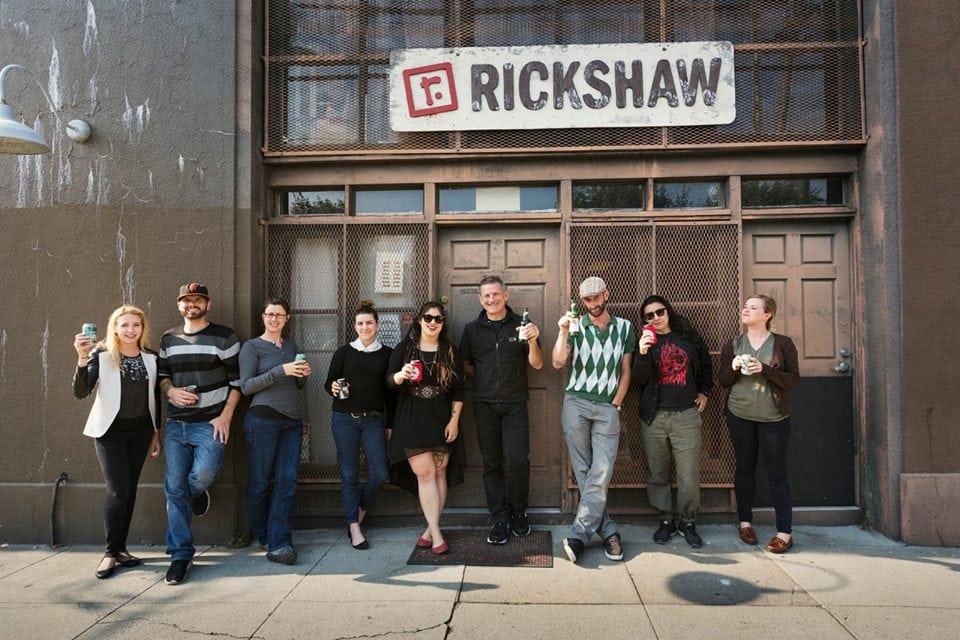
Photo Credit: Rickshaw Bagworks
FROM THE NOVEMBER 2014 ISSUE OF INC. MAGAZINE
Manufacturers of products made with recycled materials can’t claim offerings were “Made In USA” unless they can show that the materials originated domestically, according to the Federal Trade Commission (FTC) making it the “Made in USA” claims tricky for recycled materials. Read more
INQUIRIES
Media: PR Department
Partnership: Marketing
Information: Customer Service

